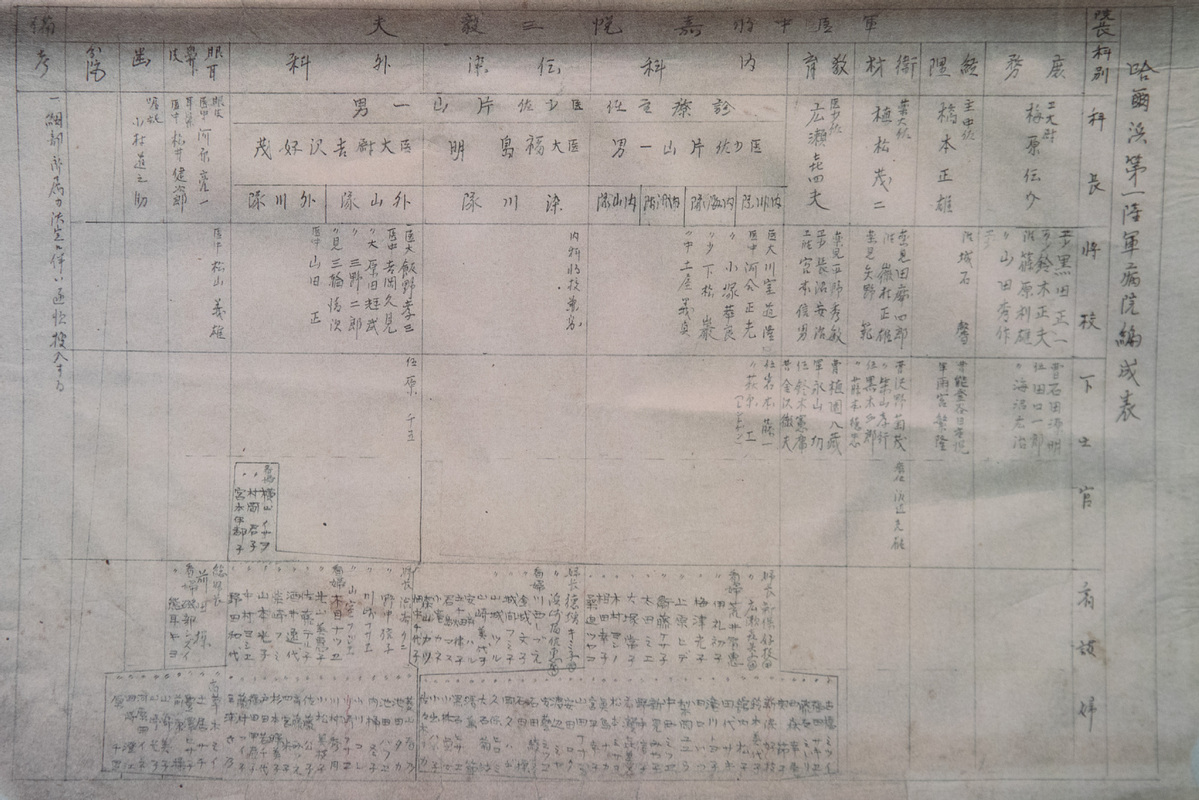Tokyo shedding postwar shackles raises specter of repeated mistakes


On Sept 3, seventy years ago, the Chinese people eventually won a great victory in the War of Resistance Against Japanese Aggression (1931-45) after 14 years of arduous struggle.
However, despite the atrocities committed by Japanese invaders in China, Japan selectively forgets this history. The words and deeds of the Japanese government and right-wing forces should arouse high suspicion and the vigilance of the world.
The 2023 defense white paper released by the Japanese government on July 28, which is consistent with three other documents Japan released at the end of 2022, namely the National Security Strategy, National Defense Strategy and Defense Buildup Program, emphasizes that "having the ability to strike back is the key to deterring a strike". It makes clear that Japan will increase its defense spending to an unprecedented 43.5 trillion yen ($297.56 billion) from 2023 to 2027. The white paper marks a major break from Japan's postwar Pacifist Constitution.
More important, the white paper increases its focus on China compared with those of previous years, questioning the increase in China's defense spending and hyping up the so-called military threat from China. It also links Taiwan with Japan's security for the first time, saying "something happening to Taiwan is something happening to Japan", which is a serious provocation to the post-World War II international order.
Since it announced an unconditional surrender, Japan's right-wing forces have gone all out to cover up and falsify the history of Japan's aggression, by revising textbooks, visiting the Yasukuni Shrine, where 14 class-A war criminals of the then imperialist Japan are worshipped, and finding excuses for lifting the ban on collective self-defense.
With the new security pact, focused on lifting the ban on its collective self-defense, Japan is shedding the shackles of the postwar system and becoming a country that can wage a war against other countries again. Such moves have intensified the concern of its Asian neighbors.
That right-wing Japanese politicians and the media spare no effort to glorify or deny the history of its aggression not only disappoints other countries, but also makes them feel the danger of Japan repeating the mistakes of history. Only by seriously reflecting on its history of aggression and bearing in mind the lessons of history can Japan avoid going further down the wrong path and win the trust of Asian neighbors and the international community.


































